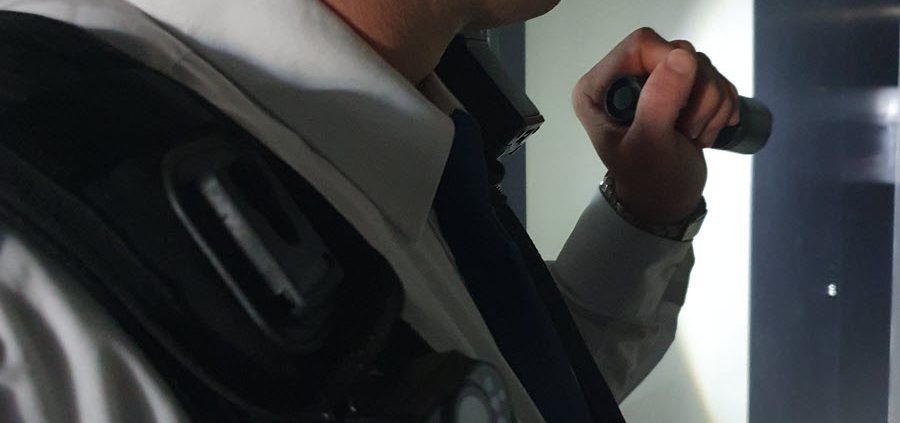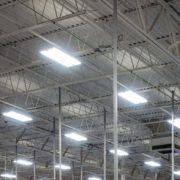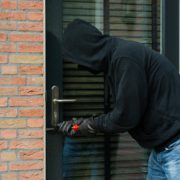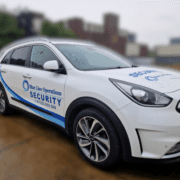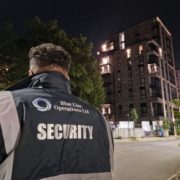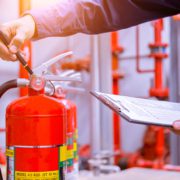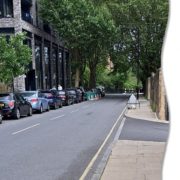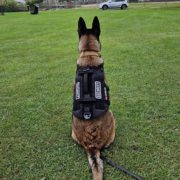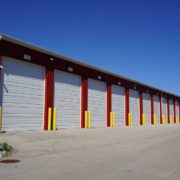Understanding Security Audits for Large Factories
A security audit is crucial for factories, especially those with 800 employees, to ensure both physical and cyber security. This process involves a comprehensive evaluation of security measures, policies, and practices.
Key Components of a Factory Security Audit:
- Physical Security Assessment: Evaluating perimeter security, access control systems, surveillance cameras, and onsite guards.
- Policy and Procedure Review: Ensuring that security policies are up-to-date and employees are trained on security protocols.
- Employee Awareness: Conducting interviews and surveys to gauge employee awareness and adherence to security policies.
- Emergency Response Plan: Reviewing and testing the effectiveness of emergency response plans.
- Incident History Analysis: Examining past security incidents to identify patterns and improve preventive measures.
Importance of Security Audits:
- Risk Identification: Identifies vulnerabilities that could be exploited.
- Regulatory Compliance: Ensures compliance with industry regulations and standards.
- Improved Security Posture: Enhances overall security measures to protect against potential threats.
Security Audit for Commercial Building Sites in Busy Areas
For commercial buildings in bustling city areas, security audits focus more on manned guarding, access control, and surveillance due to higher foot traffic and increased security risks.
Key Focus Areas:
- Manned Guarding: Assessing the effectiveness of security personnel in managing access and responding to incidents.
- Access Control Systems: Evaluating the efficiency of access control systems in preventing unauthorized entry.
- Surveillance Systems: Ensuring that CCTV and other monitoring systems are adequately covering all vulnerable areas.
Security Audit for Warehouses in Remote Fields
Warehouses, especially those located in remote areas, require different security measures compared to urban commercial buildings.
Key Focus Areas:
- Perimeter Security: Ensuring that fences, gates, and other barriers are secure and regularly maintained.
- Remote Monitoring: Utilizing technology to monitor the site remotely, ensuring rapid response to any security breaches.
- Inventory Control: Implementing strict inventory control measures to prevent theft and ensure accountability.
A security audit is an essential for identifying and mitigating security risks across different types of facilities. By focusing on manned guarding and other specific security measures, businesses can ensure the safety of their operations and compliance with regulatory requirements.
For more information on security services and to schedule a free business security audit, visit Blue Line Operations.
